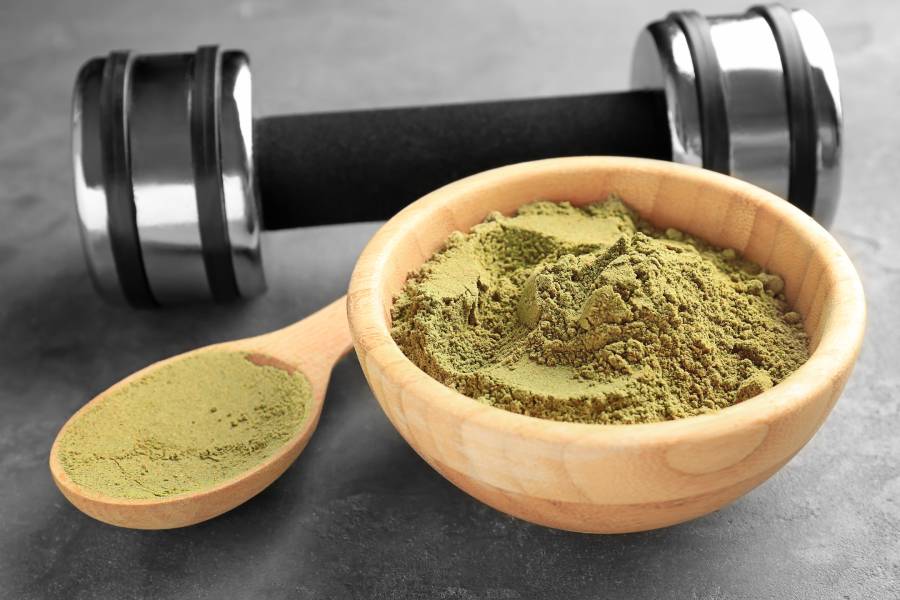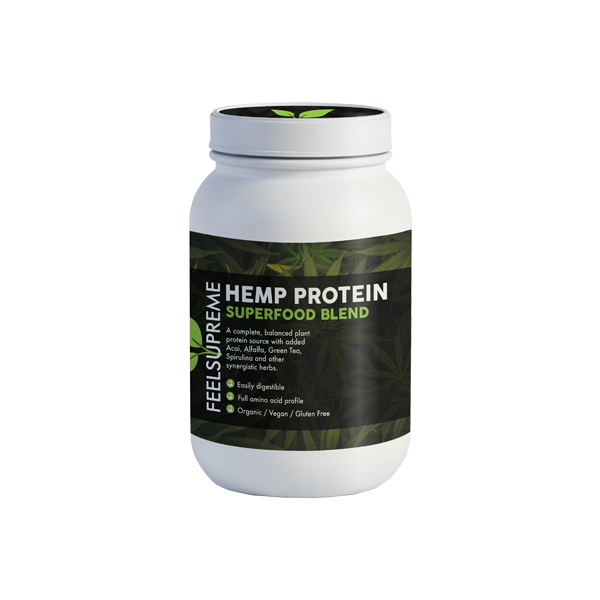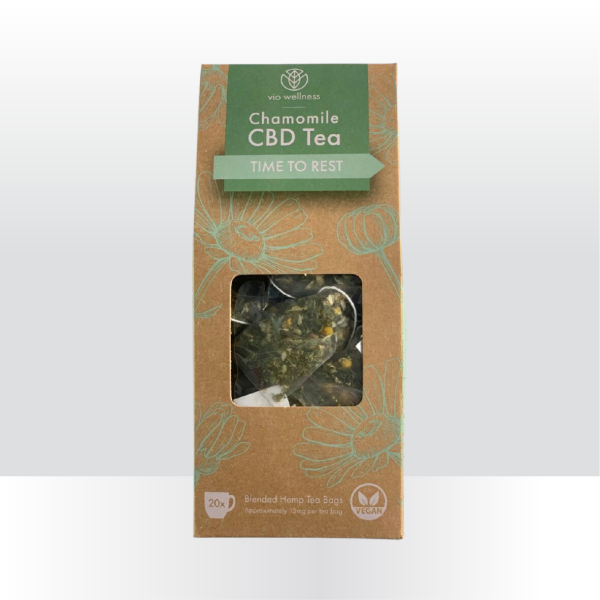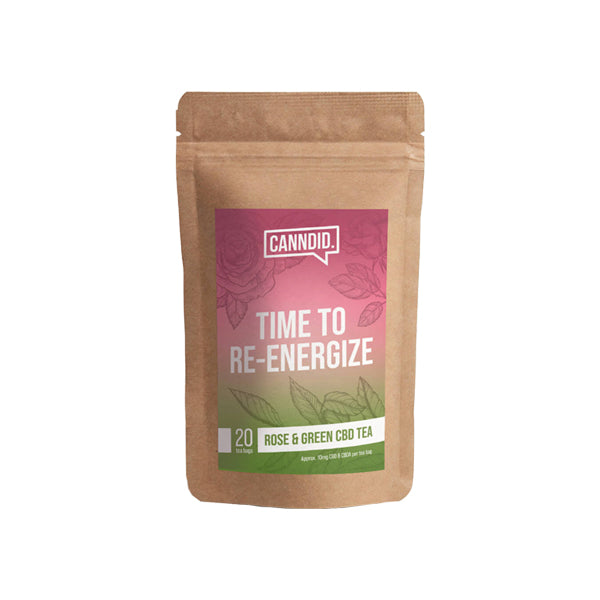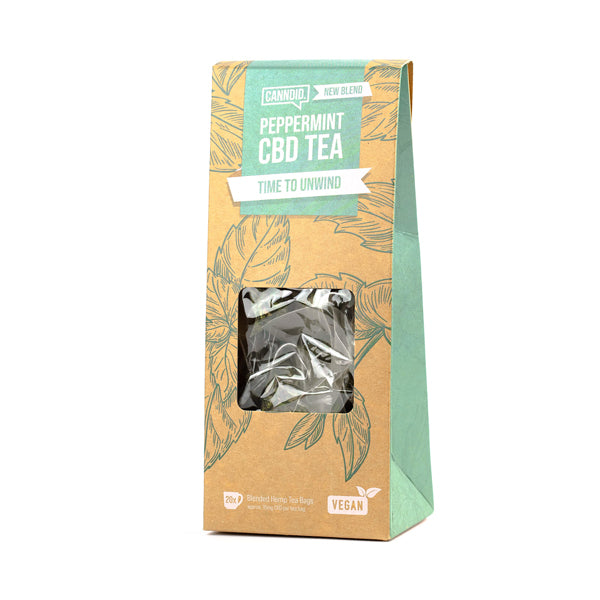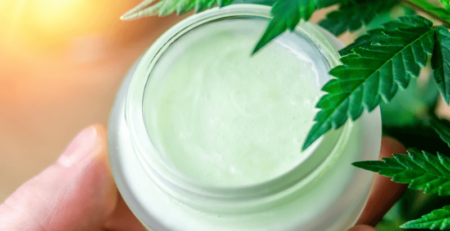Hemp Protein
Hemp protein powder is growing in popularity for being a plant-based alternative to traditional protein powders. Not only is it appealing to vegans and lactose intolerant individuals, but hemp protein also appeals to everyday people.
Protein powders are already a much-loved product by bodybuilders, athletes, and fitness enthusiasts trying to build muscles or gain weight. Hemp protein is created by grinding down hemp seeds into a fine powder.
-
CBD Edibles, CBD Protein, CBD Products, CBD Food
Feel Supreme Hemp Protein Superfood Blend – 500g
£28.50
You can blend it into a range of food and drinks since its nutty, earthy taste complements many flavours. It is a complete, high-quality plant-based protein containing all nine essential amino acids. Also, it contains vitamins, minerals, healthy fats, and fibre.
This article will explore hemp protein as a whole. We will discuss what it is and the pros and cons of this kind of protein.
Hemp is a complete protein.
Hemp is a complete protein because it contains all nine essential amino acids humans should get from their food. Research is mixed on the precise amounts of these amino acids. One study discovered the amino acid profile of hemp protein was similar to two other high-quality protein sources.
These were soy and egg whites. However, other research has illustrated that hemp has small levels of the essential amino acid lysine. This means it is a poorer quality option for that specific nutrient.
Depending on the brand, a serving of hemp protein will give you between 15 and 30 grams of protein. This is a lower amount of protein per serving than other plant-based options such as pea and soy protein powders. This is because they are highly refined.
However, if you are looking for less processed protein sources, hemp is an excellent choice.
Easily digestible
Generally, animal-based proteins are easier to digest than plant-based proteins. However, research has found that hemp protein is easy to digest. This means your body can make use of all the amino acids in hemp protein powder for essential bodily functions.
Hemp research has suspected that it is easy to digest since it contains the proteins albumin and edestin. The body can break these proteins down quickly. In saying that, other research has suggested that hemp protein is of moderate quality and more comparable with lentils.
Other research has discovered that heat processing can lower the digestibility of hemp protein by around 10%. Therefore, it is essential to look for hemp proteins that are made from cold-pressed seeds.
Hemp protein is an excellent source of fibre
Research has found that having a high-fibre diet can unlock a range of health benefits. These include healthier gut bacteria, improved blood sugar, and lower risk of bowel cancer. In the UK, the vast majority of people do not consume enough fibre.
The average intake for women is 17.2 grams per day, and for men, 20.1 grams per day. However, the recommended intake for adults sits at 30 grams per day. Eating high-fibre foods like hemp protein can help to bridge this gap.
Hemp protein powders can contain varying amounts of fibre depending on whether unhulled or hulled hemp seeds were used. Additional fibre can also be added to the finished product. Hemp protein being a high-fibre plant-based option makes it stand out.
Others such as pea, soy, and rice contain very little fibre since they are highly refined. Hemp protein could be an excellent way to add fibre and protein to your lifestyle. As a result, this could make you feel fuller for longer.
It contains unsaturated fats
Hemp protein powder is created from hemp seeds. The hemp seeds are pressed to remove their oils, but they still contain approximately 10% of the original fat content. Unsaturated fats are great for heart health.
Hemp seeds contain the ideal 3:1 ratio of omega-3 to omega-6 fatty acids. Generally, Western diets provide an unbalanced 15:1 ratio of these fats and have been linked to some chronic diseases. Eating foods like hemp seeds that have lower omega-3 to omega-6 ratios could help to correct this imbalance.
This could improve heart health. Hemp protein powder contains more than a majority of other protein powders. This is because it is less refined than other protein isolates.
This fat content can be great for those who want to include more heart-healthy unsaturated fats in their diet.
Hemp protein is rich in antioxidants and minerals
Hemp seeds are rich in minerals such as calcium, magnesium, zinc, manganese, and copper. No research has looked into how pressing the seeds to create the powder affects these nutrients’ levels.
Many hemp protein products contain up to 80% of RDI for magnesium and 52% of iron per serving. Additionally, hemp seeds contain compounds known as lignanamides. They have strong antioxidant properties.
Antioxidants protect our bodies from oxidative damage, which has been linked to various chronic illnesses. Therefore, consuming foods that contain antioxidants is a good move for your health.
It has an earthy taste
The protein powder is brownish-green, and the taste has been described as grassy, nutty, and earthy. Although many enjoy the taste, others could find it too strong.
It is worthwhile testing a small amount of hemp protein to determine you like it before purchasing a large tub. Given that hemp protein is less refined, it is a bit grittier in texture. However, it blends seamlessly with shakes and smoothies.
The recommended amount of protein to consume daily
The Dietary Reference Values for people’s daily protein consumption is based on estimates of need. Currently, it is estimated that adults consume an average of 0.6 grams of protein per kilogram of body weight daily.
The Reference Nutrient Intake (RNI) says adults should consume 0.75 grams of protein per kilogram of body weight daily. However, those who exercise for more than one hour each day require more protein. You should consume between 1 and 1.2 grams of protein per kilogram each day.
For those undergoing resistance training and bodybuilding, more protein is required. The recommended amount is 1.6 grams per kilogram of body weight each day. Whole foods ideally should make up the majority of your protein intake.
However, adding protein powder into the mix can be a great additional source of protein.
Why add hemp protein to my diet?
You know the benefits of hemp protein and how much you need to consume each day. So, let’s discuss why people add hemp protein to their diets.
Weight loss
Protein is essential for those looking to burn fat. Consuming a high-protein diet can help to boost your metabolism and, as a result, lower your appetite. Protein curbs your appetite by lowering the levels of the hunger hormone called ghrelin.
While doing this, it simultaneously increases the levels of appetite-reducing hormones. This means that by consuming a protein-rich snack, you lower your amount of calories for the rest of the day. One study discovered people who snacked on a high-protein yoghurt in the afternoon consumed 100 fewer calories at dinner time.
Muscle building
Protein is vital for building muscle. To do this, you have to take in more protein than your body naturally breaks down. This is particularly the case during weight lifting and resistance training.
Therefore, by adding a protein powder to your diet, you can increase your protein intake to build muscle.
Workout performance and recovery
Combining protein with carbs during and after workouts could improve performance and recovery and reduce workout-related pain. A study that looked at 11 cyclists found evidence to back this up. It discovered taking a carb and protein beverage during a workout enhanced recovery and reduced muscle pain.
If you use the protein, it could also improve recovery and performance for resistance training. Whether or not it is taken with carbs.
Does hemp protein have any side effects?
Although most people will not experience any side effects of hemp protein, there are a few to be aware of. Given that it contains such high amounts of fibre, some people could experience bloating, diarrhoea or gas.
These side effects mainly occur due to consuming too much of the protein too quickly. Also, people with allergies to hemp should steer clear of hemp protein powder. Some animal studies suggest it’s not suitable for nursing or pregnant women and those with poor immunity and anaemia.
However, it is essential that researchers do more human research to back up the above claims. While hemp is from the same plant family as marijuana, hemp seeds have deficient THC levels. Research has found that eating up to 300 grams of hemp seeds each day does not interfere with urine drug tests.
In summary
Hemp is a plant-based, complete protein packed full of minerals, fibre, antioxidants, and heart-healthy unsaturated fats. It is an excellent choice, particularly for vegans and those who are lactose intolerant. You can mix it into a wide range of drinks and foods since it has a nutty, earthy taste that complements many flavours.
Additionally, no other plant-based protein has all nine essential amino acids. Research has found it could help muscle building, weight loss and enhance workout performance and recovery. In saying that, it is crucial that researchers study hemp protein further to determine its quality.
Most people will not experience side effects. However, it’s important to note that you should not consume too much too quickly. Therefore, be sure to stick to the recommended dose on the label and follow all the instructions correctly.
Also, it is crucial to refer to your recommended protein intake. If you are unsure about adding protein powder to your diet, speak to a dietitian to determine if necessary. All in all, it’s an excellent choice for a plant-based, nutritious protein powder with healthy fats and fibre.

